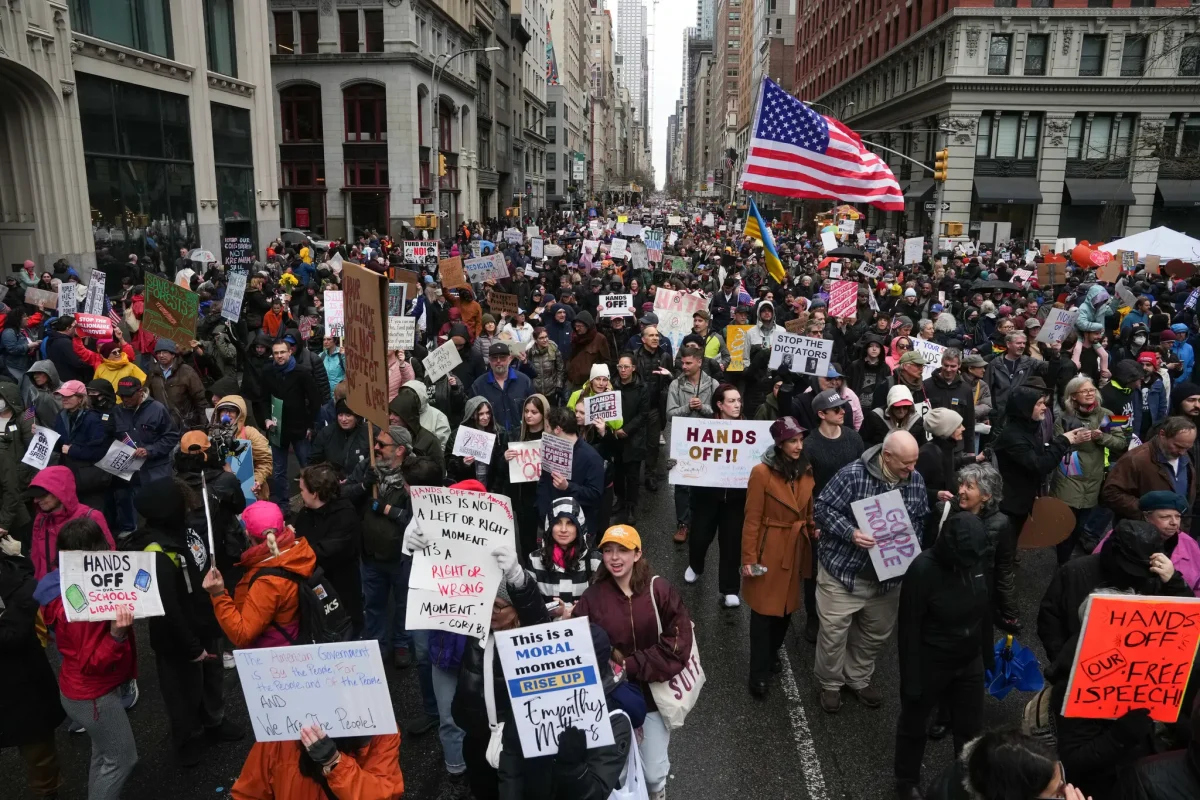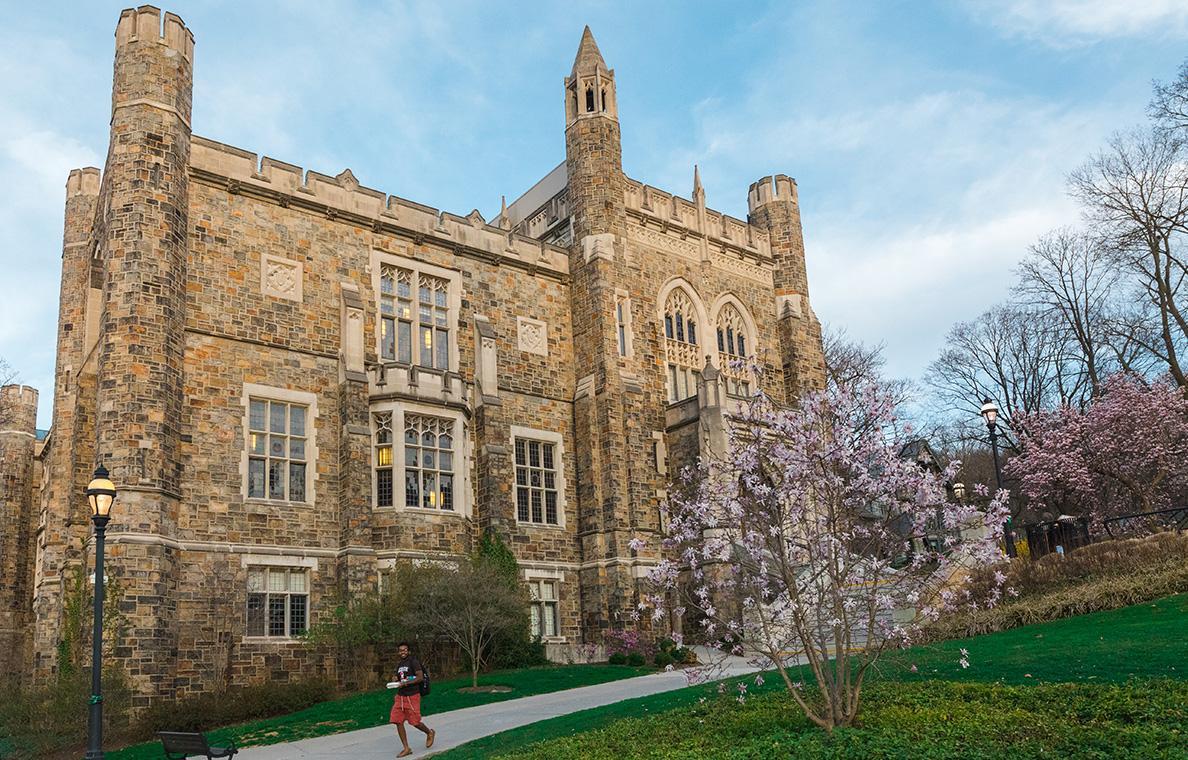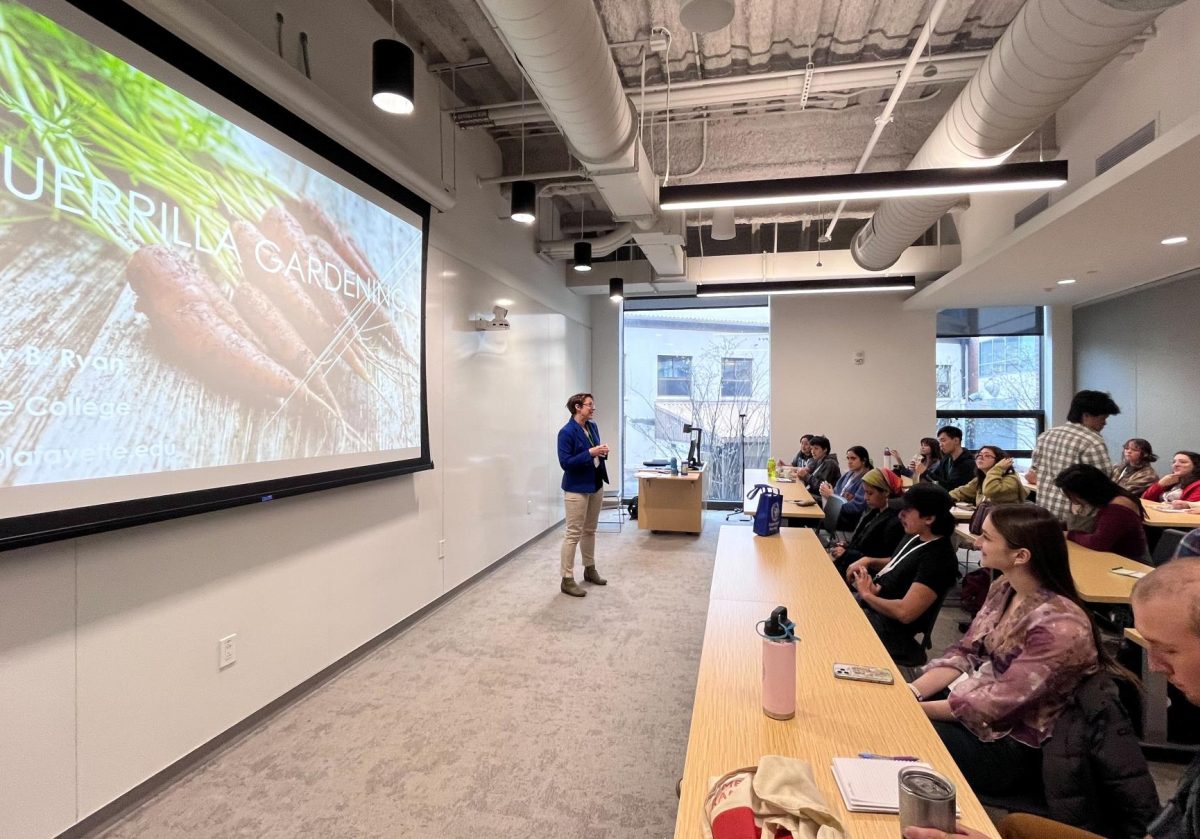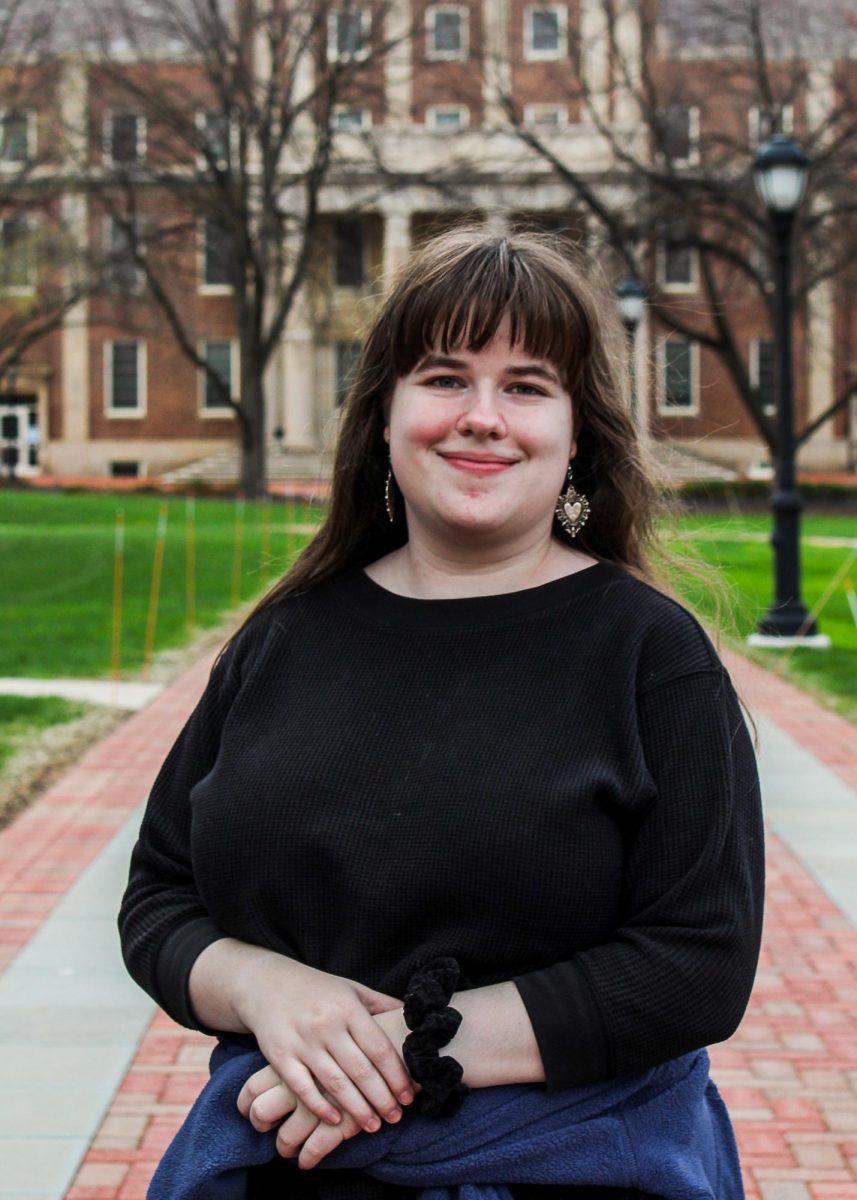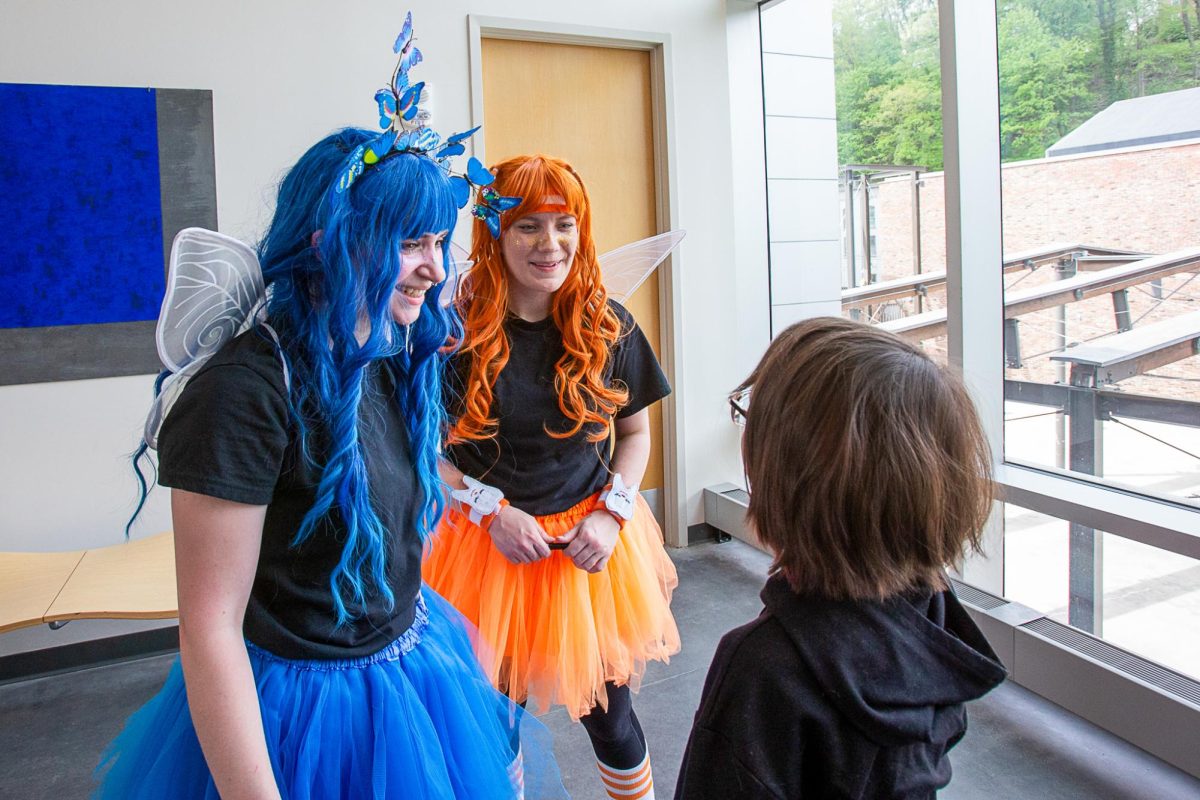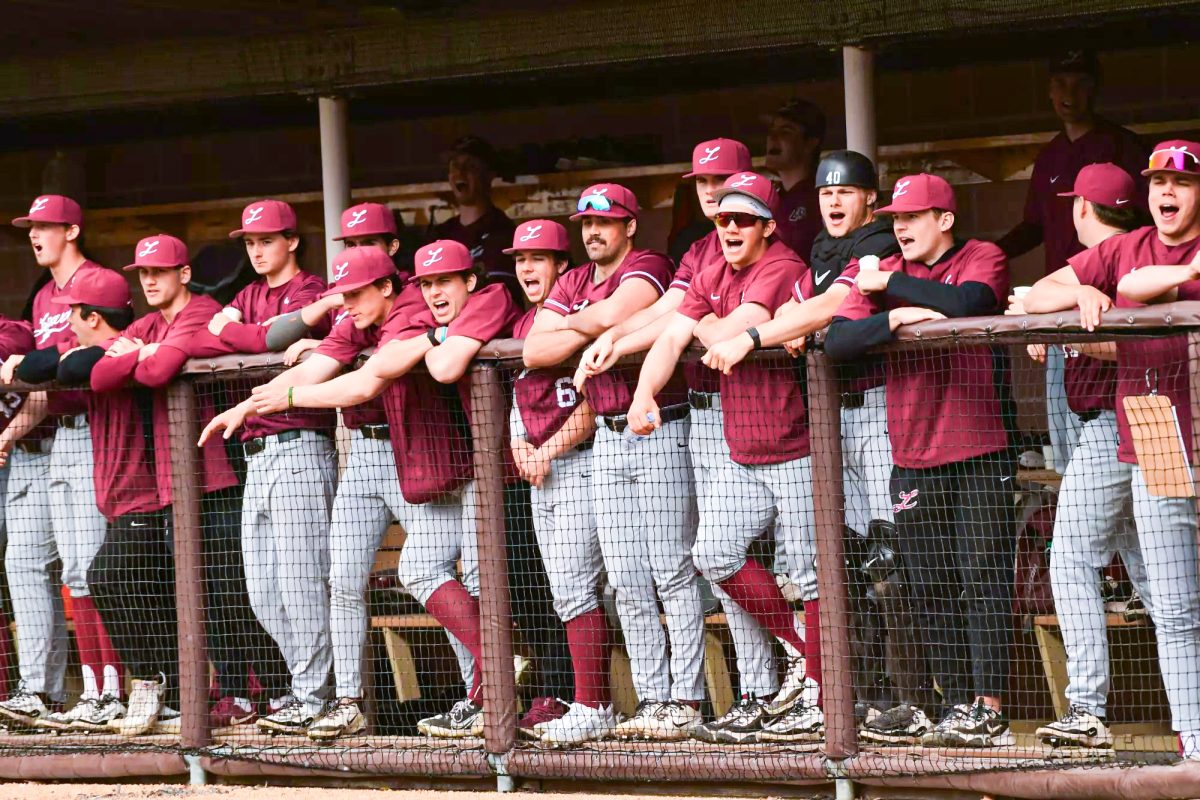Lafayette students won first, second and third place in this year’s David and Lorraine Freed Undergraduate Research Symposium, hosted at Lehigh University. One outstanding student was selected from each of Lafayette’s engineering departments to compete in the symposium, giving them the opportunity to showcase their academic agility alongside other engineers in the Lehigh Valley.
On April 7 the finalists presented their research projects online in front of a panel of judges with a background in academic and industry research. Lafayette students Evan Savage ’21, Sasha Neefe ’21, and Zev Granowitz ’21 were awarded first, second, and third place, respectively. As the top 3 finishers, they are eligible to attend national conferences for another opportunity to demonstrate their research at a professional level.
“Over Zoom, it was really different from what it usually is,” Neefe described. “There wasn’t a lot of interaction between other [participants], which was too bad.”
Savage, the first-place winner, is a civil engineering student who pursued research on recycling nitrogen and phosphorus in municipal wastewater. Throughout his research process, Savage explored potential methods of extracting phosphorus and nitrogen from wastewater to facilitate their reuse. Phosphorus and nitrogen are crucial for the agriculture industry, utilized in large quantities to produce fertilizer.
However, the two nutrients are in limited supply, and Savage’s interest in the project stemmed from the desire to find a way to increase recycling for future use.
“It’s a 2 billion dollar problem per year just in the U.S. We need to start recycling phosphorus,” Savage explained.
Savage studied multiple technologies including struvite, a phosphate mineral that could play a key role in phosphorus removal. The future implications of Savage’s findings are vast. Integrating struvite into wastewater treatment systems could facilitate a constant nutrient loop in the agriculture industry.
Second-place winner Neefe, a chemical engineering student with a minor in environmental studies, used her research to re-evaluate green solvent metrics using end-of-life considerations. She began her research process with the question of how a solvent could be recycled during industrial processes. She said she was also motivated to find greener solvents as an alternative to energy-intensive fossil fuels.
“[Greener solvents have] a low environmental health and safety impact and can be reused within a process without depleting as much of the solvent,” Neefe said.
Neefe has been conducting her research for over a year with Lindsey Soh, associate professor of chemical engineering, and her findings on green solvents illustrate the technological ways in which information on renewable energy can continue to broaden.
Granowitz, a mechanical engineering major, secured third place at the symposium for his research behind faster and more efficient space travel and technology. Granowitz credits his life-long interest in outer space as the inspiration for his research. He investigated multiple means of fuel injection directly into a cavity flame-holder to increase fuel-air mixing, a catalyst for technology that paves the way towards easier, inexpensive space travel.
Granowitz successfully carried out his research testing, “confirming…that multi-jet injection…provides better fuel-air mixing than single-jet injection.”
The three students spent months gathering, assembling, and testing out their research and hypotheses, persevering through several trials and tribulations during the process.
“I have had to iterate through multiple designs and test procedures to get to where I am now, but it’s really rewarding to see the results of my successful test,” Granowitz said.
The COVID-19 pandemic also significantly impacted the experimental process, restricting access to lab work and equipment. Neefe, who was fortunate to be on campus for the past two semesters, described her difficulty in creating an equation for the process of separating two solvents through a membrane.
“I finally figured it out, and my professor was really helpful in helping figure that out as well. It definitely took a lot of collaboration, because we were both stepping into the unknown,” Neefe said.
As second-semester seniors, the three plan to continue on in the field of engineering in graduate school and beyond.
“It was really nice to receive an award, but it was even better to see Lafayette do so well at the symposium,” Neefe said.


